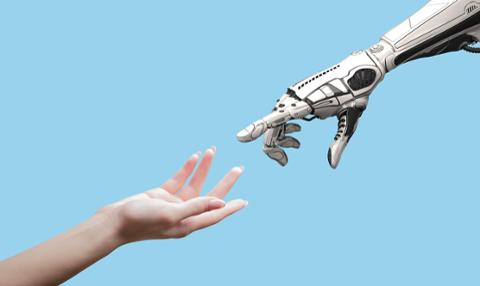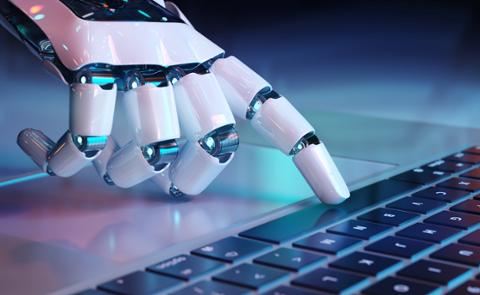The buzz around artificial intelligence (A.I.) continues to rise. But is that buzz translating into a huge A.I. job market? That’s a big question for software engineers, software developers, and anyone else who’s interested in how the increasing adoption of A.I. will impact the job market in the months and years to come.
For tech professionals, the future of work might involve using A.I.-based tools to generate and test code, analyze data, and even market new products. From financial services to manufacturing and retail, artificial intelligence will play an increasingly bigger role.
Which A.I.-related jobs are generating the most job postings at the moment? According to new data on Dice.com, it’s the following:
Some of these jobs (such as data scientist and software engineer) are increasingly A.I.-centric, hence their inclusion on the list. For example, data scientists rely on machine learning and automation to crunch through huge, sometimes messy datasets for crucial insights. Meanwhile, software development could hinge more and more on a new generation of low- and no-code tools, along with generative A.I. products that can write and debug code.
Aside from common tech jobs increasingly depending on A.I. tools, the number of actual postings for A.I. jobs such as machine learning researcher or entry-level A.I. analyst is still relatively small, especially in comparison to well-established tech skills such as programming. As part of its monthly jobs report, CompTIA has a breakdown of the states with the most A.I.-related job postings—and the actual number is relatively miniscule even in gargantuan tech hubs:
While the number of A.I.-related jobs is small, these roles are absolutely critical to organizations that see “smart” apps and services as a vital part of their long-term roadmap. That’s one big reason why jobs that utilize A.I. skills pay so much. O’Reilly estimates the average salary of data and A.I. professionals at $146,000 per year (that’s from 2,778 respondents in the U.S. and 284 in the U.K.); salaries increased an average of 2.25 percent annually. Average compensation was highest in California ($176,000), home to big tech companies that are vacuuming up the best of the best A.I. talent out there.
Moreover, the number of A.I.-related jobs will only rise. According to Burning Glass, for example, jobs that heavily involve machine learning (a critical subset of A.I.) are predicted to grow 76.3 percent over the next 10 years. A recent study of A.I. use-cases showed many companies using artificial intelligence and machine learning in sales, CRM, chatbots, cybersecurity, and marketing automation—all of which touch on millions of technologists’ jobs. If you’re involved in tech, chances are good you’ll use A.I. to do anything from writing code to forecasting trends to problem solving.
In other words, keep an eye on how the artificial intelligence market evolves over the next few years. The technology could end up impacting your current job much sooner than you think. Artificial intelligence in employment is definitely here to stay.



